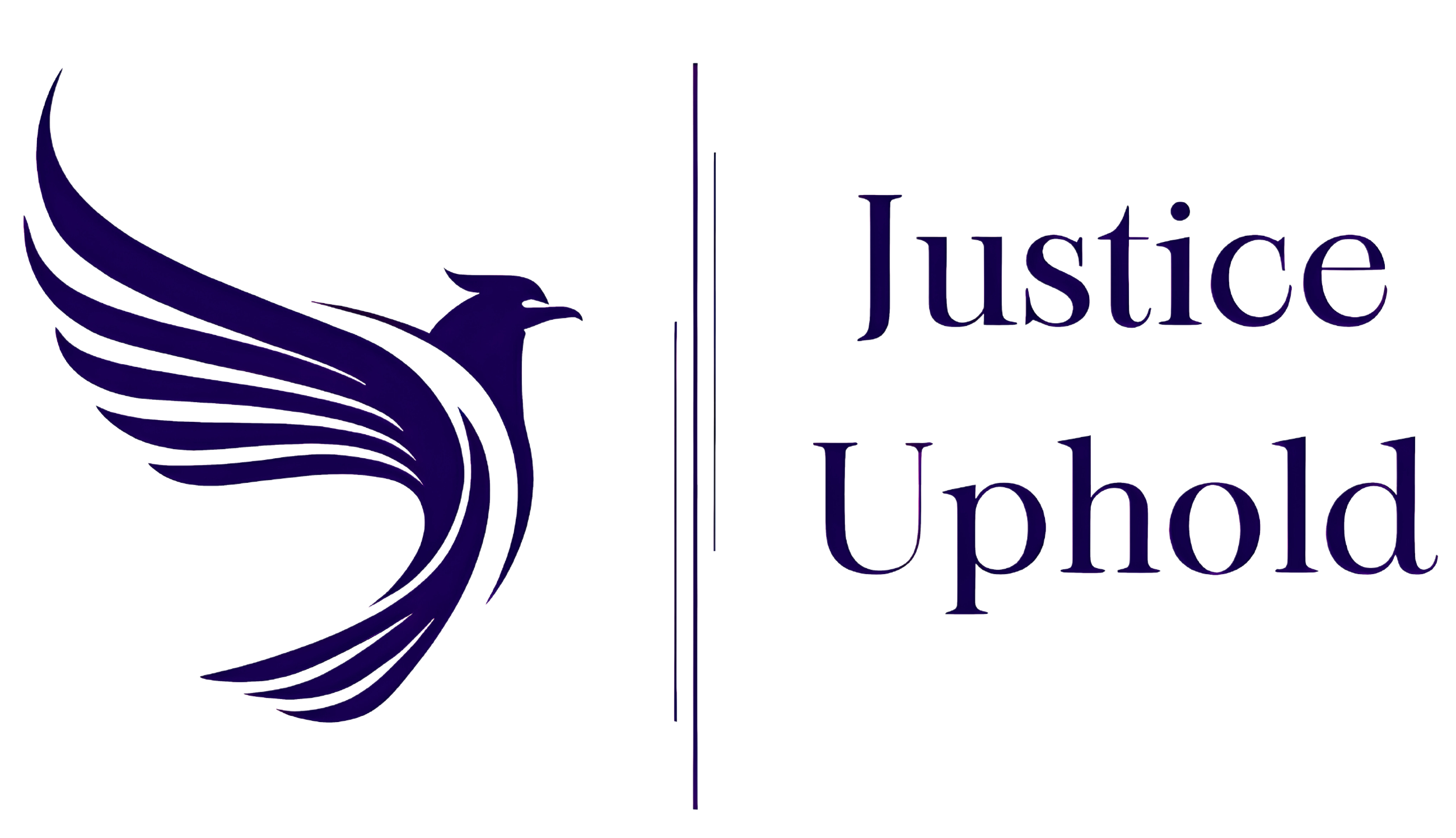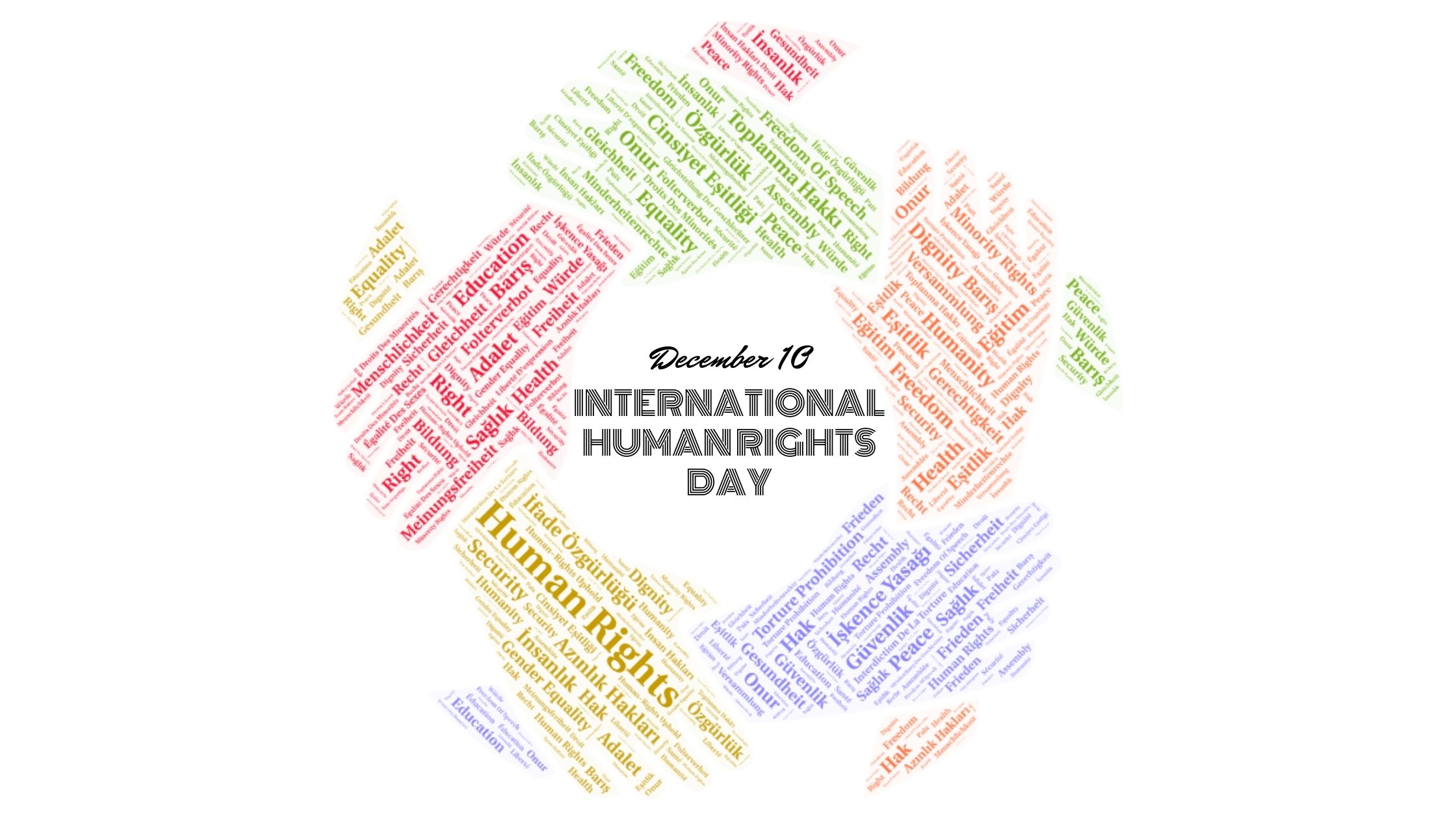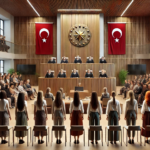“Is law merely a tool serving the interests of the powerful, or is it the cornerstone of human dignity?” This question holds critical significance when evaluating the historical and contemporary position of human rights. The adoption of the Universal Declaration of Human Rights on December 10, 1948, represents a universal milestone that enshrined human dignity and rights under legal protection.
Human Rights and the Role of Law
Human rights are universal values inherent to every individual and safeguarded by law. The realization of these rights relies not only on national legislation but also on international norms and institutions. Mechanisms such as the European Court of Human Rights and the United Nations Human Rights Council play pivotal roles in protecting human rights. However, practical challenges often raise questions about whether these rights are effectively defended. Issues like the restriction of freedom of expression, arbitrary detentions, and violations of minority rights underscore that human rights are not uniformly protected across different regions.
Intellectual Contributions to Human Rights
Jean-Jacques Rousseau stated, “Man is born free, and everywhere he is in chains,” highlighting how societal structures can erode inherent rights. Similarly, Hannah Arendt argued that “Human rights cannot be confined to citizenship rights; they must be defined through the condition of being human,” emphasizing the need for these rights to be unconditional and universal. These ideas shed light on the philosophical foundations of human rights and provide a roadmap for their preservation.
The Obligation to Protect Human Rights
Protecting human rights is a shared responsibility, not only for states but also for individuals and civil society. Strengthening these protective mechanisms requires both effective legal systems and heightened public awareness. The fight for human rights demands an actionable plan: supporting civil society organizations, engaging in legal processes, and remaining vigilant against rights violations are fundamental pillars of this effort.
Toward a Fairer Future
World Human Rights Day is not merely a day of commemoration but an opportunity to assess the shortcomings in human rights practices. Defending our own rights and assuming the responsibility to protect the rights of others are essential for building a more just and equitable society. Human rights must be realized not only in theory but also in everyday life through collective efforts by individuals and institutions. As Martin Luther King Jr. famously said, “The time is always right to do what is right.”
Let us use this day not only to celebrate the universal value of rights but also to take concrete steps toward their protection and advancement.



